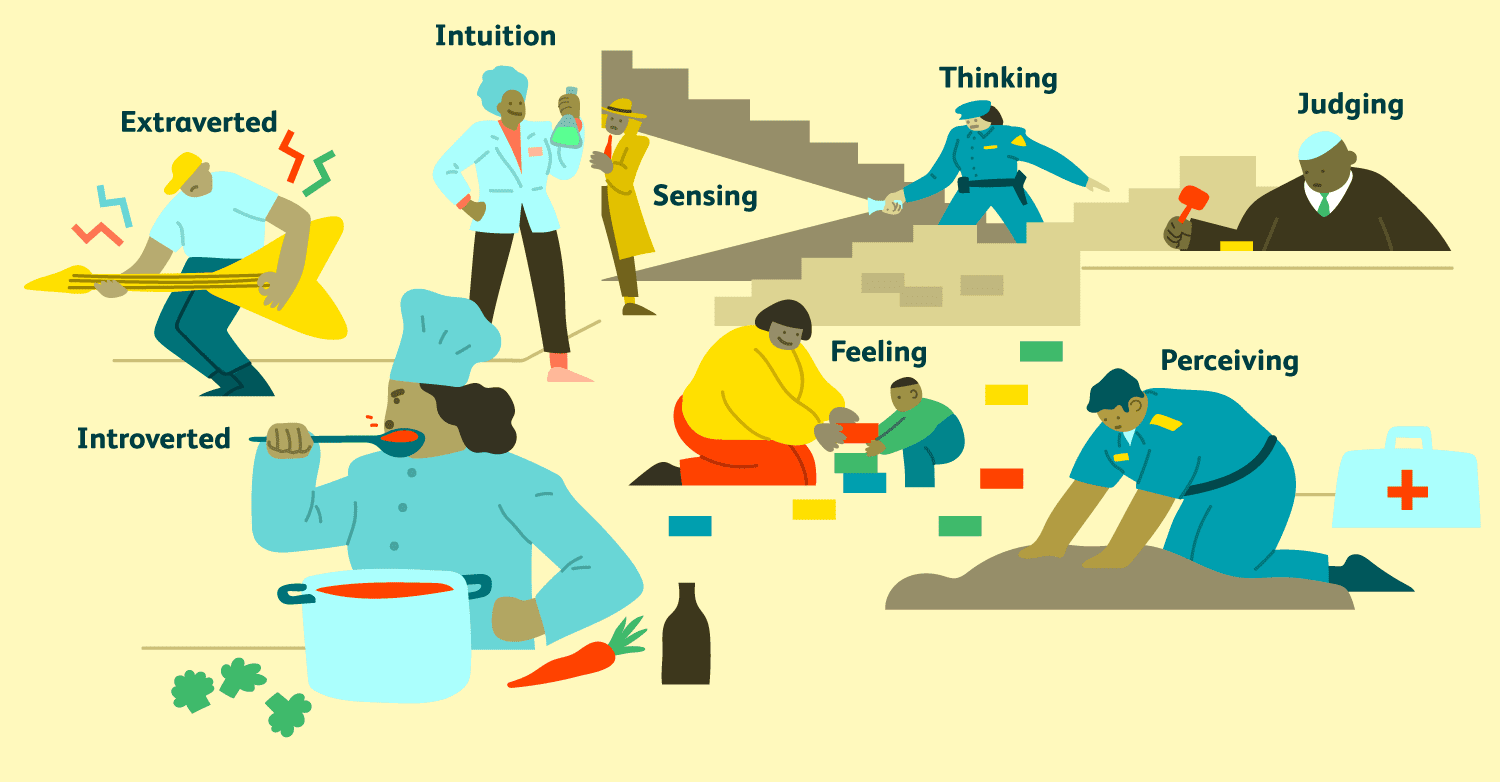
FAQ About Myers-Briggs Personality Type Test

Is the Myers-Briggs test scientifically validated?
The scientific validation and reliability of the Myers-Briggs Type Indicator (MBTI) have been subjects of debate among psychologists and researchers.
Critics argue that the MBTI lacks strong scientific evidence to support its validity. Some concerns include:
- Limited Empirical Basis: The MBTI's theoretical foundation, derived from Carl Jung's work, lacks extensive empirical evidence to support its claims. The test has been criticized for not aligning with contemporary scientific theories of personality.
- Questionable Reliability: The test-retest reliability, which measures the consistency of results when the test is taken multiple times, has been a point of concern. Research has found that individuals may receive different results upon retaking the test, indicating lower reliability.
- Dichotomous Categorization: The MBTI categorizes individuals into distinct types based on dichotomies, such as introversion vs. extraversion, which oversimplifies the complex nature of personality traits that are better understood as a spectrum.
- Limited Predictive Power: Studies have found limited correlations between MBTI types and real-world outcomes such as job performance, academic success, or relationship satisfaction. The MBTI's ability to predict behaviors or outcomes is often considered modest at best.
Despite these criticisms, some proponents argue that the MBTI can still have value in providing insights for self-reflection and personal growth, facilitating understanding in interpersonal relationships, and promoting empathy.
It's important to note that there are alternative personality assessments with stronger scientific support, such as the Big Five model (also known as the Five-Factor Model), which has been extensively researched and validated across various cultures and contexts.
When considering the scientific validity of the MBTI, it is crucial to acknowledge the limitations and engage with other well-established personality theories and assessments for a more comprehensive understanding of personality.
